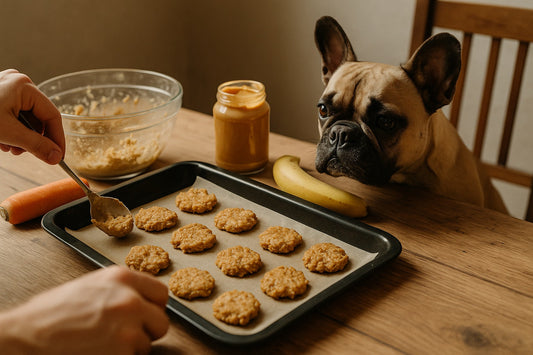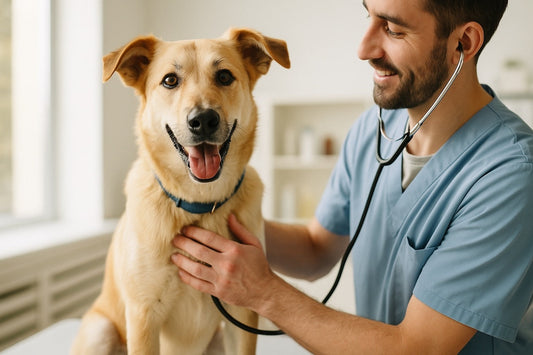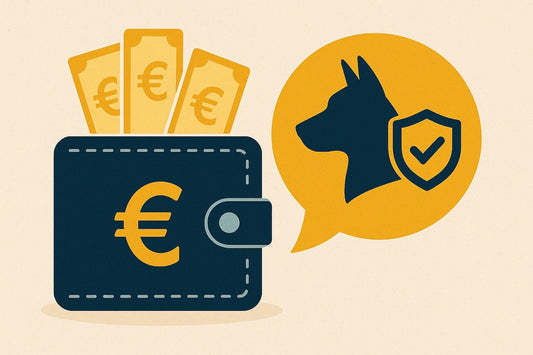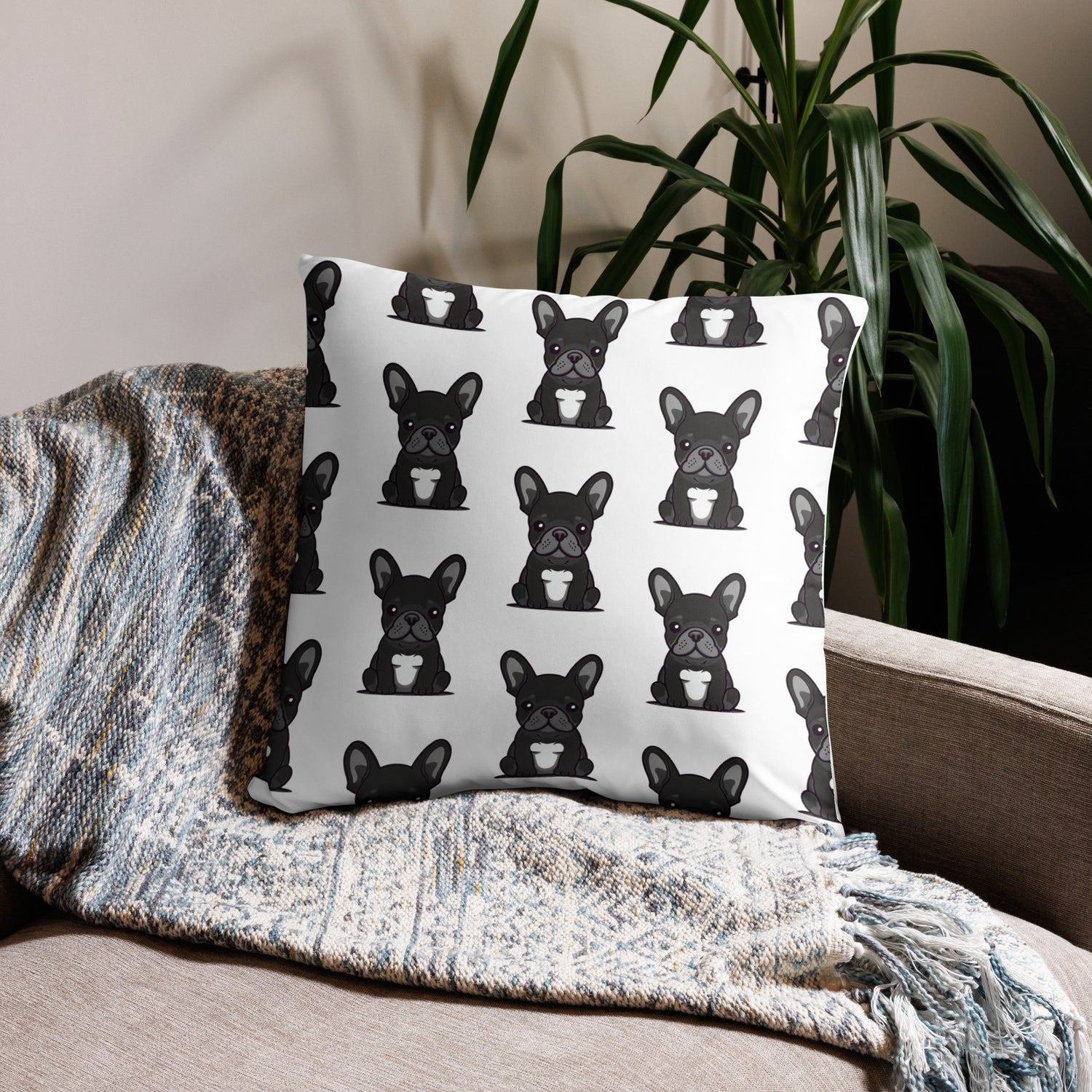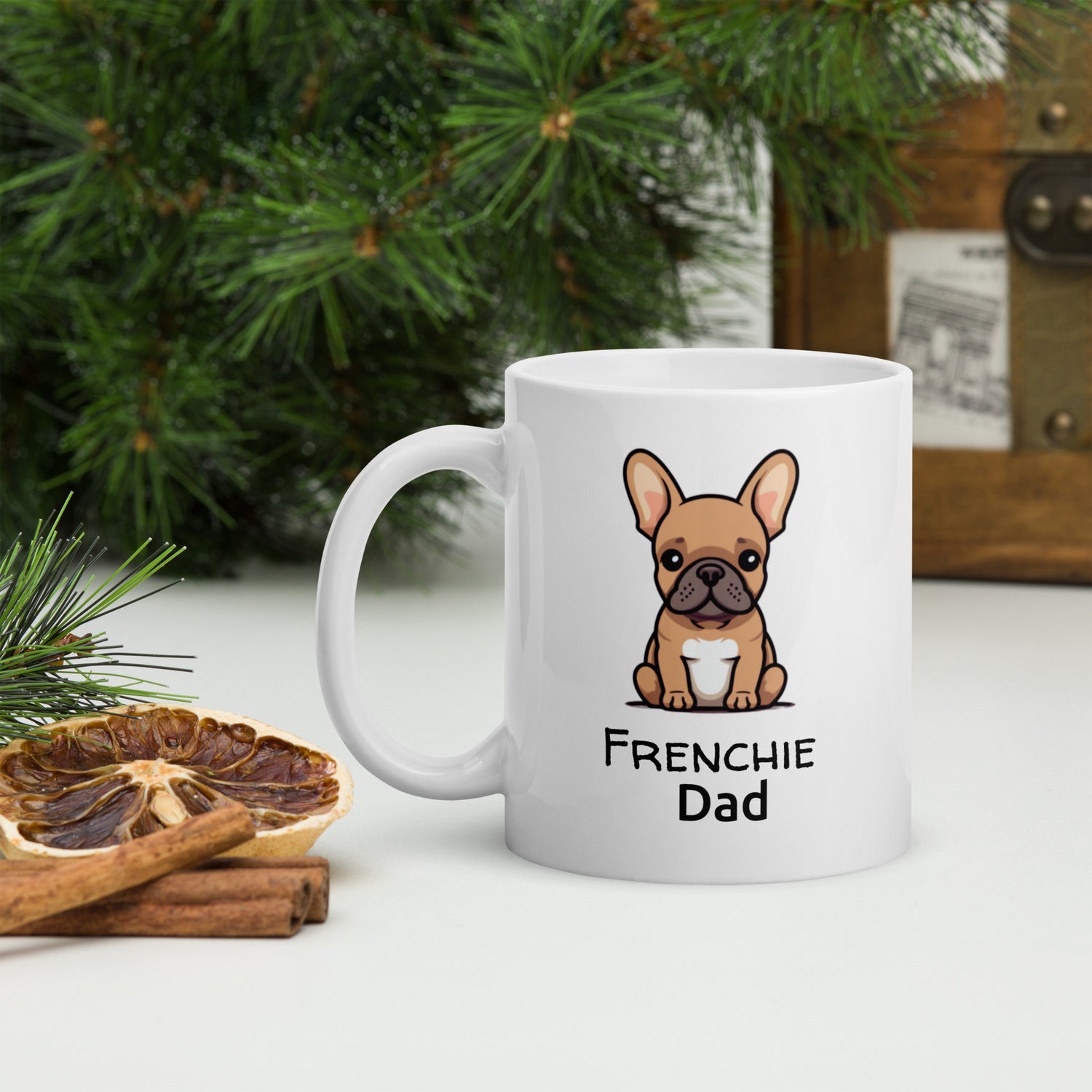The French Bulldog is a popular dog breed and loved by many for its affectionate and playful temperament. In order to keep your bulldog healthy, it is essential to provide it with the proper nutrition.
In this article, we will introduce you to the important criteria to consider when choosing kibble for your French bulldog as well as our product recommendations.
The Specific Nutritional Needs of the French Bulldog
To grow well and stay in shape, the French bulldog needs a balanced diet adapted to its specific physiological needs. Here are the main elements to take into account:
- Protein: Protein is essential for your dog's muscle development. French Bulldogs need about 25% protein in their daily diet.
- Lipids: Fats are also necessary for the proper functioning of the body. A fat content between 12 and 20% is ideal to ensure sufficient energy intake without promoting excessive weight gain.
- Minerals and vitamins: Calcium and phosphorus in particular are important for healthy bones and teeth. Other vitamins and minerals also play a role in promoting the proper functioning of the body and strengthening the immune system.
- Fiber: French Bulldogs are prone to digestive issues, a diet high in fiber helps aid digestion and prevent gastrointestinal upset.
The specifics of feeding the French bulldog puppy
Emphasizing protein and essential fatty acids is necessary in this step. Also, make sure that the puppy food is adapted to the size of his jaw, especially for French bulldogs that have a short and wide muzzle.
Gradually incorporating adult kibble
Do not abruptly introduce a new brand of kibble into his diet when your French Bulldog reaches six months of age, continue by slowly integrating adult kibble over several days to avoid any digestive problems following this transition.
Taking Food Allergies into Account in French Bulldogs
Since the French Bulldog is particularly prone to food allergies and intolerances, it is wise to choose hypoallergenic products and avoid ingredients that may trigger adverse reactions.
- Protein source: Choose kibble made from easily digestible proteins such as fish or white meat, avoiding poor quality proteins or animal by-products.
- Cereals: To limit the risk of allergies, opt for grain-free kibble or kibble made with brown rice, which is a source of fiber and generally does not present an allergenic problem.
- Additives: Choose products without artificial colors, flavors, preservatives and natural ingredients.
Our recommendations for French bulldog kibble
In our research, we found several brands that matched the criteria mentioned above:
- Premium kibble: These brands offer high-quality foods, rich in protein and low in fat, without the addition of controversial ingredients or the use of animal by-products.
- Hypoallergenic kibble: Several brands specializing in food for sensitive dogs offer formulas adapted to French bulldogs while guaranteeing the absence of common allergens such as gluten, soy, or eggs.
- Organic kibble: For those looking for an environmentally friendly product, there are also companies that offer organic dog kibble, certified by official labels.
How to choose the right size and shape of kibble?
To ensure good oral hygiene and avoid the risk of choking, it is important to select kibble adapted to the jaw and particular characteristics of the French bulldog. Here are some tips to help you:
Size: The kibble should be large enough to encourage the dog to chew but not too large to prevent it from straining.
Shape: Favor ergonomic shapes that make it easier for the French Bulldog's jaw to grip while encouraging good chewing.
Texture: Choose kibble that is neither too hard nor too soft to ensure effective cleaning of the teeth during chewing.In short, choosing the best kibble for your French bulldog can seem complex, but by keeping these key criteria in mind, you can be sure to provide him with a balanced diet adapted to his needs. Remember to always consult your veterinarian for personalized advice on the nutrition of your four-legged friend.


